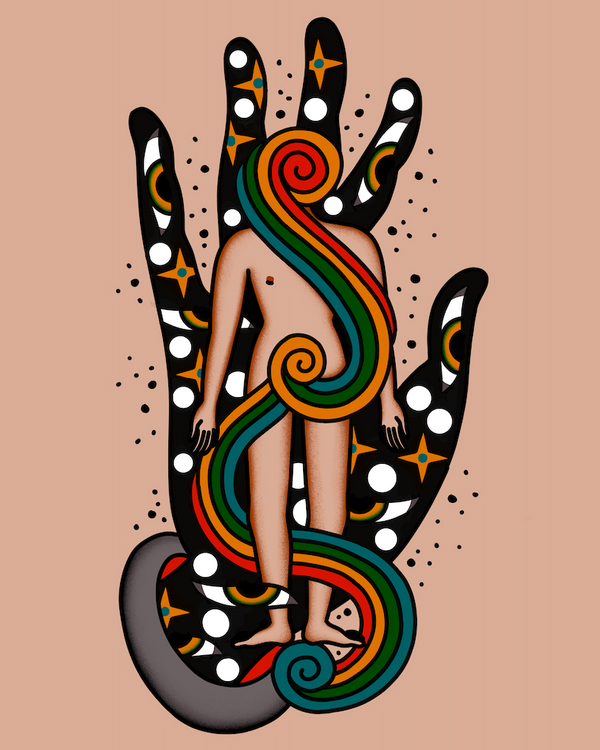Clinical Emotional Freedom Technique (EFT)
What is Emotional Freedom Technique?
Emotional Freedom Techniques (EFT), also known as “tapping,” is a self-help approach blending cognitive and exposure therapy with acupressure. Cognitive therapy focuses on identifying and challenging negative thought patterns to promote healthier thinking and behavior. Exposure therapy involves gradually facing feared situations or memories to reduce anxiety or emotional distress associated with them. Both therapies are widely used in the treatment of various mental health conditions, such as anxiety disorders and PTSD. Acupressure is a traditional healing technique that involves applying manual pressure to specific points on the body. These points are believed to be connected to the body’s energy pathways, known as meridians, in traditional Chinese medicine. The goal of acupressure is to promote balance, alleviate tension, and stimulate the body’s natural healing abilities. Supported by over 200 clinical trials, EFT has demonstrated effectiveness in addressing anxiety, depression, pain, PTSD, phobias, and various conditions.
By tapping on specific acupressure points during moments of stress, EFT swiftly lowers stress hormones like cortisol and deactivates the body’s fight-flight response. This technique is designed to release emotional blockages, reduce stress, and promote a sense of emotional well-being.
The tapping sequence is usually accompanied by affirmations or statements that acknowledge the problem while promoting self-acceptance. EFT is thought to help disrupt the negative emotional patterns and reduce the intensity of negative emotions. The common tapping points include the top of the head, eyebrow, side of the eye, under the eye, under the nose, chin, collarbone, and under the arm.
While experiences with EFT vary, some people report positive outcomes, such as reduced emotional distress and increased emotional resilience. It can be easily learned and practiced as a self-help technique, making it a potentially empowering tool for individuals seeking additional strategies for emotional well-being.
